News
Jul 24, 2025
Huck Students impress at Forest Genetics conference
Penn State grad students took the Forest Genetics 2025 conference by storm, winning more than half of the poster and presentation awards available. Three Huck trainees were among those recognized.
Full Article

Jul 22, 2025
National foundation grant to support study on amphibian health at Penn State
Research in Penn State’s College of Agricultural Sciences aimed at helping amphibians fight fungal disease by strengthening their natural defenses has received a $120,000 grant from the Morris Animal Foundation, a national nonprofit dedicated to advancing animal health through scientific research.
Full Article
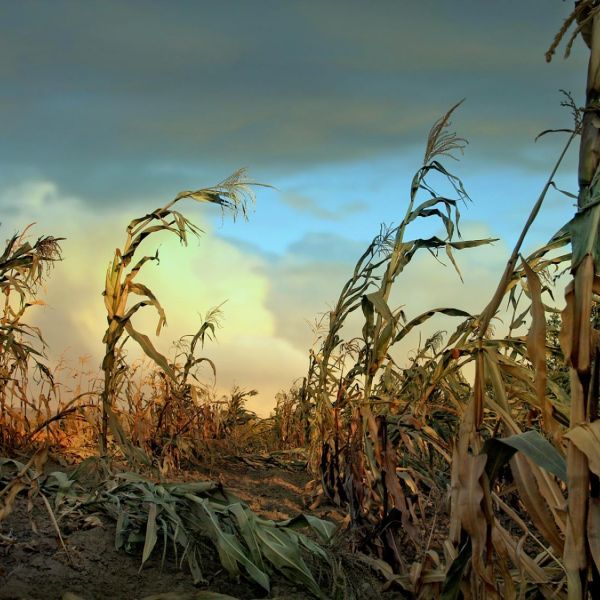
Jul 21, 2025
Simulating the unthinkable: Models show nuclear winter food production plunge
A team led by researchers at Penn State have modeled precisely how various nuclear winter scenarios could impact global production of corn — the most widely planted grain crop in the world.
Full Article
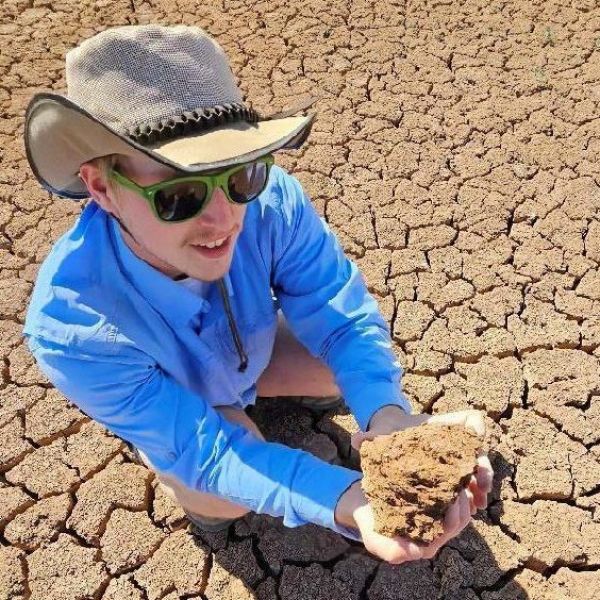
Jul 17, 2025
College of Ag Sciences grant program supports student learning, experiences
A grant program in Penn State’s College of Agricultural Sciences aims to enhance student learning by empowering faculty and students to design immersive, hands-on projects that bridge classroom knowledge with real-world partnerships.
Full Article
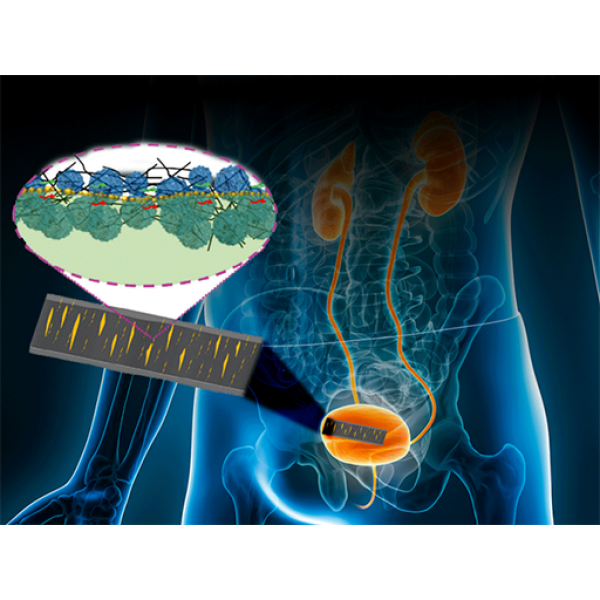
Jul 10, 2025
Skin-like sensor monitors internal, external body movement, electrical signals
A new skin-like sensor developed by an international team led by researchers at Penn State could help doctors monitor vital signs more accurately, track healing after surgery and even help patients with bladder control issues.
Full Article
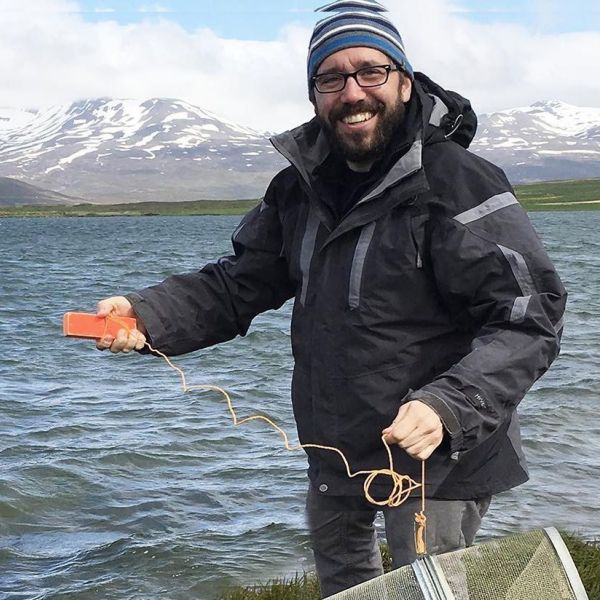
Jul 07, 2025
‘Scialog’ grant to study how rising ocean temperatures affect fish behavior
A wildlife behavioral ecologist at Penn State is part of a multi-institution team that received funding from Scialog: Neurobiology and Changing Ecosystems, a international three-year initiative that aims to spark new science exploring neurobiological responses to rapidly changing environments.
Full Article
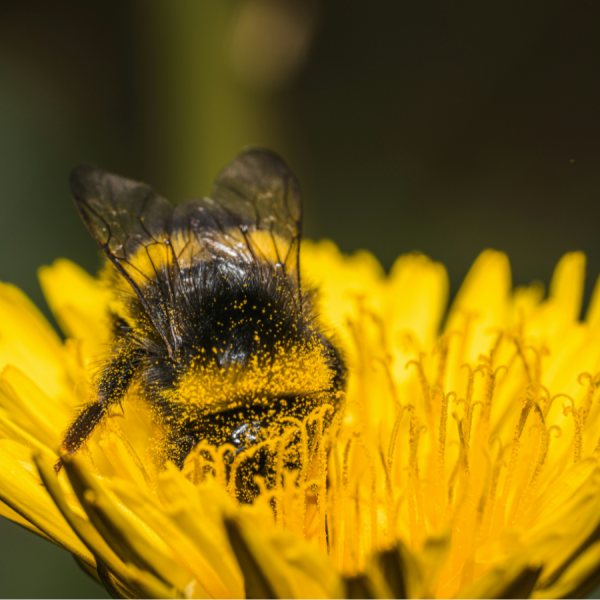
Jul 02, 2025
What a bumble bee chooses to eat may not match ideal diet
A new study led by researchers at Penn State suggests that what bumble bees choose to eat may not line up with their ideal nutritional needs.
Full Article

Jul 02, 2025
Eight graduate students receive U.S. National Science Foundation fellowships
Eight Penn State graduate students received U.S. National Science Foundation (NSF) Graduate Research Fellowships for the 2025-26 academic year.
Full Article

Jun 25, 2025
Warmer spots within fields have more blooms and more bees
Climate can vary across large areas of land, but it also can vary within much smaller areas such as farms. A new study by researchers at Penn State examined whether these microclimates — the climate of a very small or restricted area — affect pollination by both wild and managed bees and resulting wild blueberry yields.
Full Article

Jun 30, 2025
Huck announces 2025-26 Leadership Fellows
Three faculty members, representing three different Penn State colleges, have been named Huck Leadership Fellows for the 2025-26 academic year.
Full Article